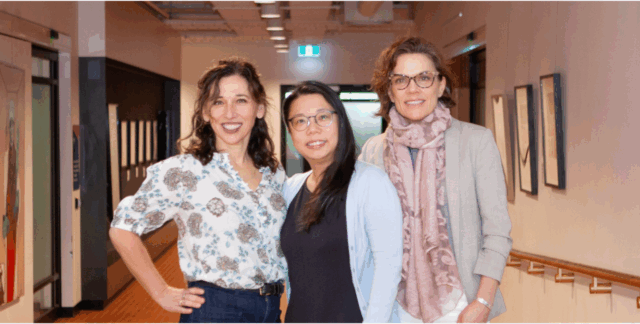Macquarie University has implemented and evaluated an innovative new academic promotions scheme that works in parallel with our Gender Equity Strategy, broadening the scope of recognised achievement and improving the representation of women at higher academic levels.
Most academic promotion systems worldwide have remained essentially unchanged for decades, often failing to capture the complexity of modern academic lives.
Our new approach, with a focus of streamlining both the application and assessment process, uses criteria for promotion based on Ernest Boyer’s four areas of academic scholarship: Discovery, Integration, Teaching and Application, with an additional criterion of Leadership and Citizenship.
Our overarching aim was to design a strengths-based assessment, recognising the diversity of career pathways and academic work. The scheme also aims to provide greater transparency of decision-making, increased involvement from faculties and an alignment of recruitment and promotion standards.
Applicants self-assess on a points basis (assigning 0–3 points to each of the five categories), guided by an extensive list of evidence indicators, with successively more rigorous thresholds of achievement required for promotion to higher levels.
The deliberately flexible scoring system allows applicants to spread points across the four Boyer categories (with mandatory elements in Leadership and Citizenship). Minimum points are required for promotion as well as outstanding achievements in at least one category. Faculty-level promotions committees then assess an applicant’s case, ensuring justification based on evidence provided, and external validation (where possible).


